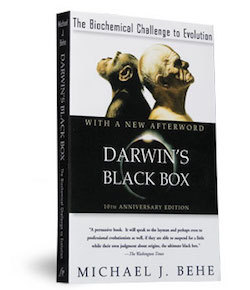Discovery Institute's Blog, page 63
June 6, 2016
Origin-of-Life Research: Start Over
Hardly a month goes by without a celebration in the news that the "building blocks of life" have been found somewhere in space, or that chemical reactions "show how life emerged" on the primitive earth. Recently, the University of Bern triumphantly announced that "Rosetta's comet contains ingredients for life." All that was detected was glycine (the simplest and the only achiral amino acid) and the element phosphorus (which is tantamount to calling any other element, like hydrogen or oxygen,...
June 5, 2016
How the Body Controls Its Calcium
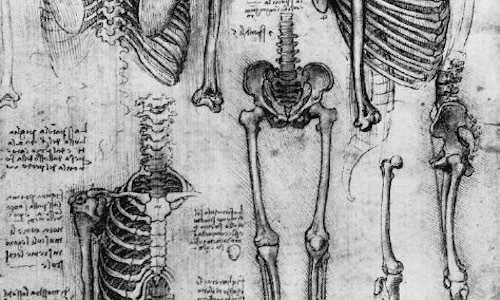
Editor's note: Physicians have a special place among the thinkers who have elaborated the argument for intelligent design. Perhaps that's because, more than evolutionary biologists, they are familiar with the challenges of maintaining a functioning complex system, the human body. With that in mind, Evolution News is delighted to offer this series, "The Designed Body." For the complete series, see here. Dr. Glicksman practices palliative medicine for a hospice organization.
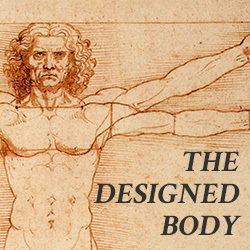 When an archaeolog...
When an archaeolog...
June 4, 2016
Fetal Stem Cells -- Another Case Study in Media Hype
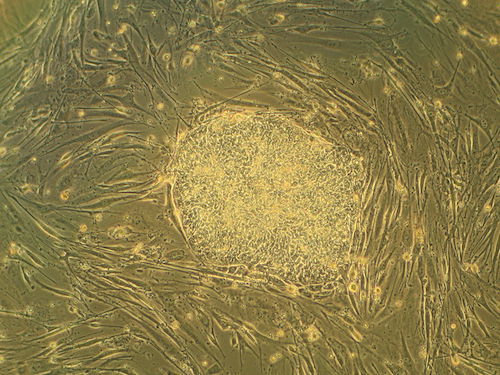
This is a warning about investor trawling, media hype, and the realities attendant to regenerative medicine.
Whenever a stem cell company, particularly one dealing with controversial tissues such as embyronic and fetal, announces CURES! CURES! CURES! the media goes into full hype mode -- unless it is an adult stem cell company, in which case bona fide successes are often ignored.
Then, when the controversial trial crashes and burns, the story is reported mildly as a business story of falling...
June 3, 2016
The Darwinian Origins of Euthanasia Advocacy

It's not for nothing that Discovery Institute's Center for Science & Culture is called that. Ideas about nature and about culture -- the way we live, how we think about right and wrong, about meaning in life -- go together, inextricably.
 Scientism is the notion that science can tell us everything we need to know about ethics and about how to order a flourishing society. Another view is that nature itself represents merely the fulfillment of a design conceived outside the material world. In t...
Scientism is the notion that science can tell us everything we need to know about ethics and about how to order a flourishing society. Another view is that nature itself represents merely the fulfillment of a design conceived outside the material world. In t...
In Reversing Stroke Damage, a Stunning Success for "Anti-Science"?

Once again the damned-with-faint-praise field of adult stem cell research seems headed toward significant treatment breakthroughs. This time the target is stroke.
The Washington Post announces, "Stanford researchers 'stunned' by stem cell experiment that helped stroke patient walk":
Stanford researchers studying the effect of stem cells injected directly into the brains of stroke patients said Thursday that they were "stunned" by the extent to which the experimental treatment restored motor...
Peppered Moths, an Evolutionary Icon, Are Back

Readers of Evolution News are probably familiar with -- perhaps even bored with -- the classic story of peppered moths. The story lay dormant for several years, but now it's in the news again.
In brief, the classic story is that peppered moths went from being mostly light-colored to being mostly dark-colored ("melanic") during the industrialization of 19th-century England. The shift was called "industrial melanism," and it was attributed to natural selection: Dark-colored moths were supposed...
June 2, 2016
Alfred Russel Wallace -- Intelligent Design's Lost Ancestor, Now Found
A few years ago, our historian colleague Michael Flannery had the opportunity to participate in the Second International Conference on Alfred Russel Wallace held in Kuching (Sarawak), Malaysia. The paper he delivered, "Alfred Russel Wallace, Nature's Prophet: From Natural Selection to Natural Theology," is now published in a collection of presentations by scholars from the conference, Naturalists, Explorers and Field Scientists in South-East Asia and Australasia (Springer).
Flannery casts Wa...
Even Elephants Recognize that Humans Are Exceptional
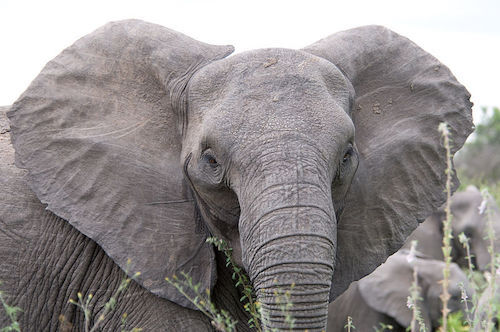
Many among us are emotionally invested in reducing our self-concept to that of just another animal in the forest. But we are exceptional among every species in the known universe. Apparently even elephants know that.
From the AOL News story:
An injured bull elephant named Ben made his way to the Bumi Hills Safari Lodge in Zimbabwe, in what appears to be a search for help.
The staff at Bumi Hills were very surprised to see Ben, as it is not common for elephants to walk right up to human homes...
In Time for Michael Behe's Book Anniversary, Here's a Real Mousetrap in the Cell
Later this year will mark the twentieth anniversary of Michael Behe's Darwin's Black Box, a book that gave profound impetus to the burgeoning intelligent design movement. With that in mind, we want to highlight examples of discoveries that vindicate Behe's arguments in the book. Today, here is one buried in a scientific paper that might have been missed. It's especially delightful because it brings to life an analogy Behe made famous: the mousetrap as an example of irreducible complexity.
June 1, 2016
Forming Strong Bones Is an Irreducibly Complex Process

Editor's note: Physicians have a special place among the thinkers who have elaborated the argument for intelligent design. Perhaps that's because, more than evolutionary biologists, they are familiar with the challenges of maintaining a functioning complex system, the human body. With that in mind, Evolution News is delighted to offer this series, "The Designed Body." For the complete series, see here. Dr. Glicksman practices palliative medicine for a hospice organization.
 Visit a museum of...
Visit a museum of...
Discovery Institute's Blog
- Discovery Institute's profile
- 15 followers



